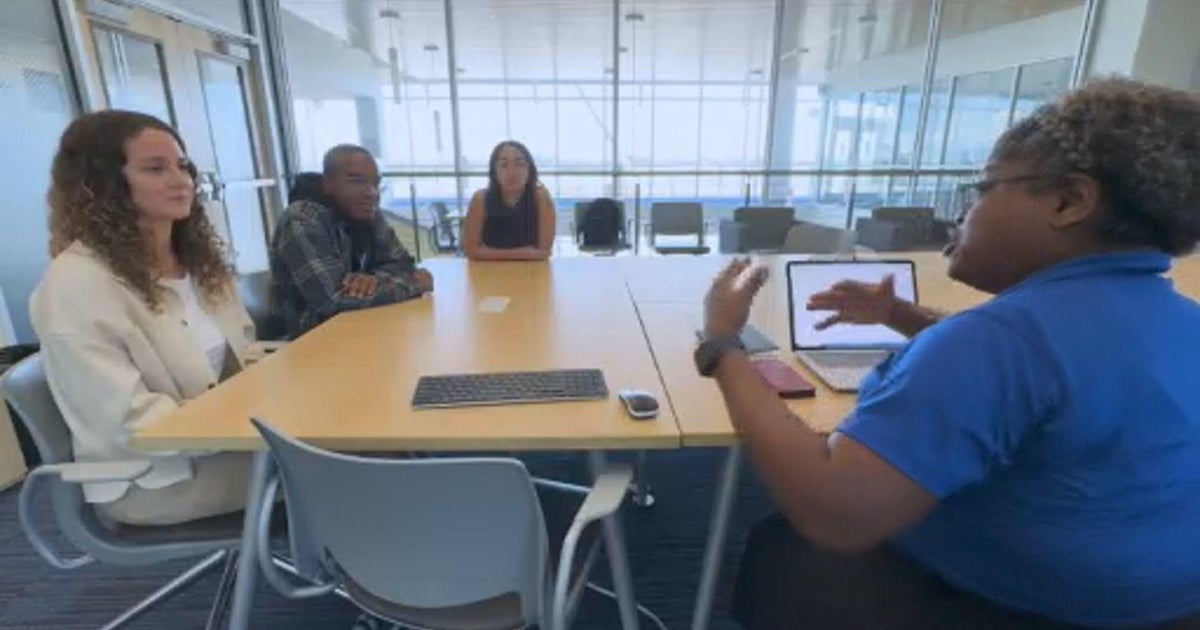Racism and Sleep: Why researchers say Black Americans are less likely to get a good night's rest
MIAMI - Getting a good night's sleep can be easier said than done.
Growing evidence shows the lasting impacts of racism have put certain groups in a position to have a tougher time getting a full night's sleep. Experts argue that puts them at higher risk for greater health problems.
"National data indicate that Black adults and other non-white adults have poorer sleep," said Mercedes Carnethon, PhD, vice chair of preventive medicine at Northwestern University's Feinberg School of Medicine and an expert on racial disparities in cardiovascular disease.
A 2022 study from Yale University found Black Americans had the highest rate of short sleep, compared to their white and non-white counterparts.
"We want to be able to address disparities in sleep because we know that sleep is associated with some of the leading causes of death, including cardiovascular disease," said Carnethon.
According to researchers, it's not because of biological differences.
"It's more likely attributed to social and structural factors that influence our opportunity to get good sleep," said Carnethon.
Factors like noise pollution.
Whether it's traffic, construction, factories, or even airports, research has shown Black Americans are more likely to live in communities where the noise levels are higher.
Social stress is another factor.
Shawn Adeoye says it wasn't until the racial justice protests of 2020 that she really started having trouble sleeping.
"My mind is constantly worried about things around me when my daughter is gone. I'm worried that she's going to be pulled over by the police," said Adeoye, a single mom.
Adeoye says she gets five hours of sleep on a good night. As result, she's not just tired, but she says she's started developing other health issues.
"I suddenly have high blood pressure and I know that is due to the anxiety, I know that it has a sleep component. It all goes together," said Adeoye.
Experts acknowledge, while some structural changes need to happen to improve sleep conditions as a whole, they recommend individuals try to create the best environment to sleep for the circumstances.
Among the recommendations: turn off the TV and other devices before bed. They also recommend discussing sleep challenges with a doctor.



